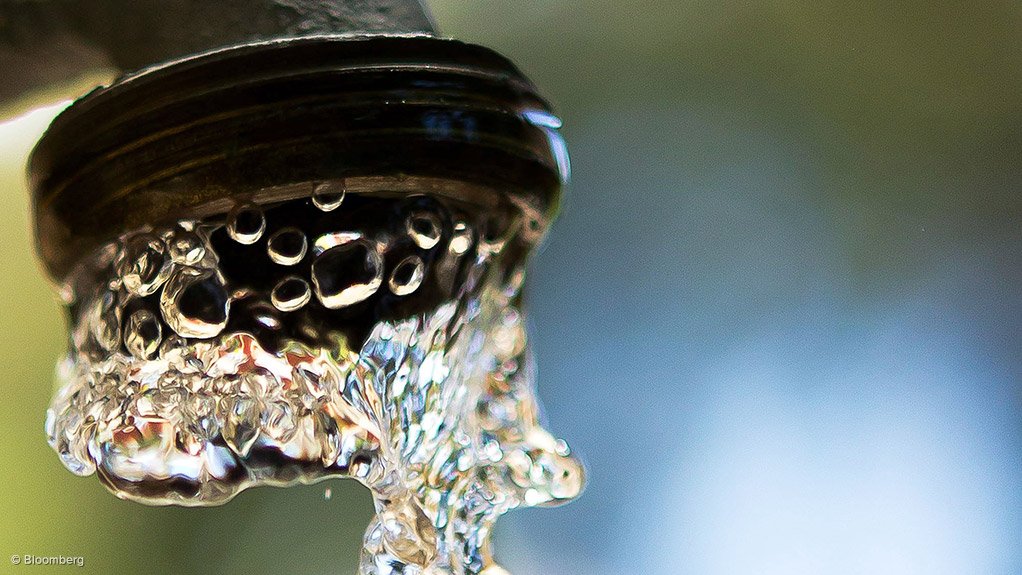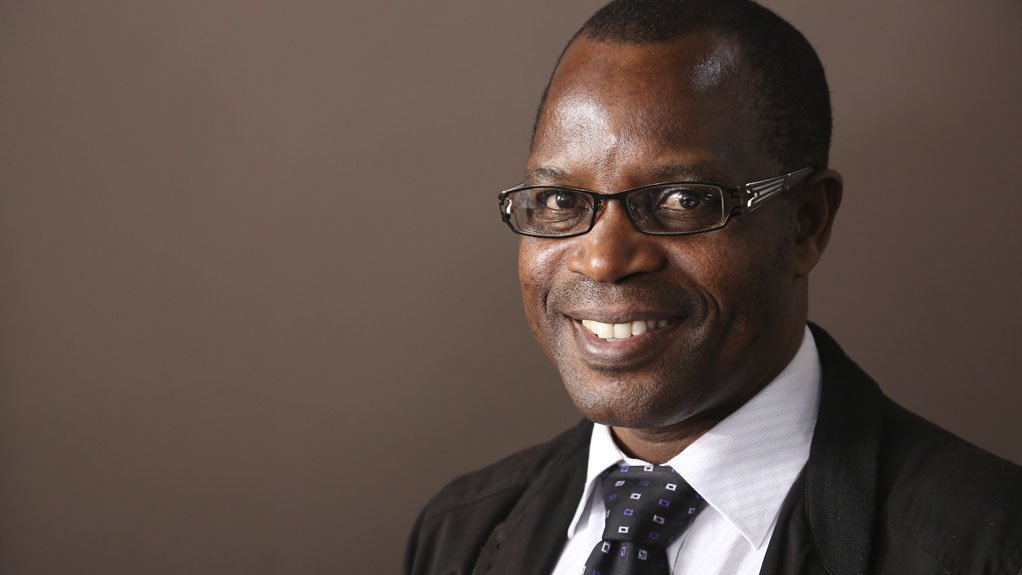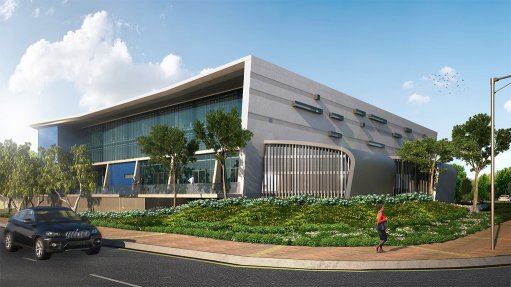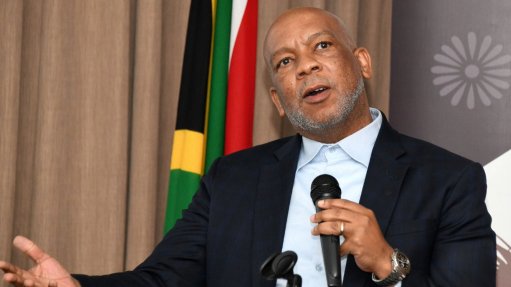New SADC body set up to strengthen groundwater management



UNTAPPED RESOURCE Groundwater is the primary source of all water for about 70% of the inhabitants of the Southern African Development Community, yet only 1.5% is used
Photo by Bloomberg
JAMES SAURAMBA There are over 30 identified shared aquifer systems across Southern Africa and member States often share similar groundwater challenges
The Southern African Development Community Groundwater Management Institute (SADC-GMI), a new organisation that will work within 15 SADC member States to collaboratively strengthen the management and development of groundwater for social and economic development in the region through the implementation of the Groundwater Management in SADC Member States project, was officially launched in Johannesburg last month.
A key priority of the institute, which will be developed into a regionally organised centre of excellence, will be to build on previous and ongoing achievements related to groundwater management in the region.
These achievements include improving stewardship of existing groundwater resources, as well as using advanced technologies to collect and compile data on groundwater into centralised and accessible databases.
SADC-GMI will also implement priority actions in the work programme for groundwater contained in the SADC Regional Strategic Action Plan for Integrated Water Resources Management.
Speaking at the launch of the institute, Department of Water and Sanitation deputy director-general Deborah Mochotlhi stressed that groundwater management “is an integral part of water resource management, and thus a fundamental resource for social economic and environmental sustainability, across the 15 member States of the SADC”.
“Yet groundwater issues have historically not been granted equal priority in national and international water management discourses, [with] the resource often seen as second best . . . that perspective is slowly changing and it is initiatives such as these that will promote the management and sustainable use of groundwater,” she averred.
Mochotlhi added that, as the SADC is by and large a challenged region with regard to water resources, compounded by climate change and pollution, this project “could not have come at a better time”.
“A project of this nature that seeks to get us to work much closer together could be the crucial element needed in the greater scheme of things,” she said.
SADC-GMI director James Sauramba added that the challenges of climate change, pollution and rapidly growing water demand in Southern Africa made building a sustainable groundwater management programme in the SADC member States critical for the region’s future development.
Groundwater is the primary source of all water for about 70% of the inhabitants of the SADC region, with further estimates that the SADC States have more renewable ground- water than either Europe or Asia. Yet only 1.5% of this groundwater is used, which means there is a significant shortcoming in the manner in which the groundwater is used, Sauramba suggested.
Sauramba’s vision for SADC-GMI, therefore, is to ensure that groundwater management issues are granted equal priority in national and international water management discourses, and prominently feature in water legislation and policies in Southern Africa.
At the same time, he aims for SADC-GMI to substantially elevate cooperation on shared aquifers in the region, in alignment with the Revised SADC Protocol on Shared Watercourses.
“There are over 30 identified shared aquifer systems across Southern Africa and member States often share similar groundwater challenges,” Sauramba said. “Managing and developing these in a sustainable manner will positively contribute to the social and economic development of the 250-million people residing within the SADC region.”
This work on shared aquifers will be financed by financial institution the World Bank through an $8.2million grant from the Global Environment Facility and $2million from multidonor trust fund Cooperation in International Waters in Africa.
The project will be strategically managed by the SADC Secretariat’s Water Division in Gaborone, Botswana. Further, the SADC-GMI and the project will be hosted by the University of the Free State through its Institute for Groundwater Studies on behalf of the SADC Secretariat.
“Member States representatives will provide strategic guidance and be actively involved in project activities at regional and national levels. These representatives serve on the SADC subcommittee on hydrogeology (that also reports to the SADC water resources technical committee).
The primary stakeholders in the project will include decision-makers and technical staff in government agencies at local, national and regional levels.
The implementing agencies will also coordinate with a variety of parties, including other international cooperating partners engaged in national and transboundary water management.
“By working through the SADC structure and the SADC-GMI, the intention is that project will create a platform for cooperation and information sharing in the region and for the region,” Sauramba concluded.
Comments
Press Office
Announcements
What's On
Subscribe to improve your user experience...
Option 1 (equivalent of R125 a month):
Receive a weekly copy of Creamer Media's Engineering News & Mining Weekly magazine
(print copy for those in South Africa and e-magazine for those outside of South Africa)
Receive daily email newsletters
Access to full search results
Access archive of magazine back copies
Access to Projects in Progress
Access to ONE Research Report of your choice in PDF format
Option 2 (equivalent of R375 a month):
All benefits from Option 1
PLUS
Access to Creamer Media's Research Channel Africa for ALL Research Reports, in PDF format, on various industrial and mining sectors
including Electricity; Water; Energy Transition; Hydrogen; Roads, Rail and Ports; Coal; Gold; Platinum; Battery Metals; etc.
Already a subscriber?
Forgotten your password?
Receive weekly copy of Creamer Media's Engineering News & Mining Weekly magazine (print copy for those in South Africa and e-magazine for those outside of South Africa)
➕
Recieve daily email newsletters
➕
Access to full search results
➕
Access archive of magazine back copies
➕
Access to Projects in Progress
➕
Access to ONE Research Report of your choice in PDF format
RESEARCH CHANNEL AFRICA
R4500 (equivalent of R375 a month)
SUBSCRIBEAll benefits from Option 1
➕
Access to Creamer Media's Research Channel Africa for ALL Research Reports on various industrial and mining sectors, in PDF format, including on:
Electricity
➕
Water
➕
Energy Transition
➕
Hydrogen
➕
Roads, Rail and Ports
➕
Coal
➕
Gold
➕
Platinum
➕
Battery Metals
➕
etc.
Receive all benefits from Option 1 or Option 2 delivered to numerous people at your company
➕
Multiple User names and Passwords for simultaneous log-ins
➕
Intranet integration access to all in your organisation




















